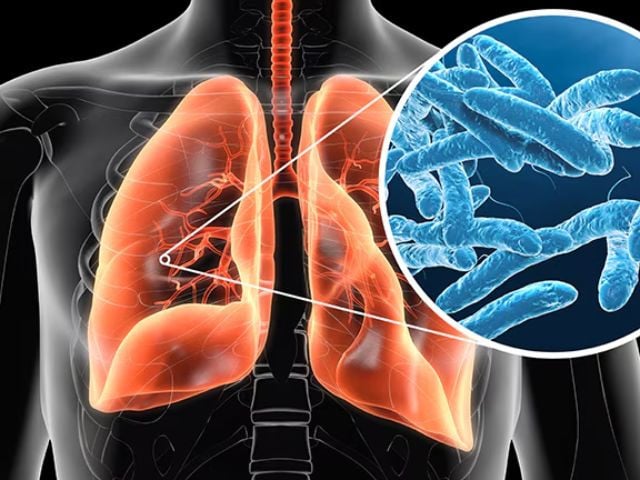
Legionnaires' disease is a severe form of pneumonia caused by the bacterium Legionella pneumophila. It was first identified following a significant outbreak at an American Legion convention in Philadelphia in 1976, and since then, it has become a recognized public health concern, particularly in environments where water systems are not properly maintained.
Causes of Legionnaires' disease
The Legionella bacteria thrive in warm water environments, often found in man-made water systems such as:
- Hot tubs and spas
- Cooling towers used in air-conditioning systems for large buildings
- Hot water tanks and heaters
- Large plumbing systems
- Decorative fountains and water features
Legionnaires' disease is typically contracted by inhaling small droplets of water or mist contaminated with Legionella bacteria. Importantly, the disease does not spread from person to person; it is primarily associated with environmental exposure, underscoring the critical need for regular maintenance of water systems to prevent outbreaks.
Symptoms of Legionnaires' Disease
Symptoms of Legionnaires' disease generally appear between 2 to 10 days after exposure to the bacteria. The illness often begins with flu-like symptoms and can quickly progress to more severe respiratory issues. Common symptoms include:
- High fever: A sudden, high fever, often reaching 104°F (40°C) or higher.
- Chills: Accompanying the fever, chills are a frequent symptom.
- Cough: A persistent cough, which may produce mucus or, in some cases, blood.
- Muscle aches: Significant body and muscle aches, similar to those experienced with the flu.
- Headache: Severe headaches are common among those affected.
- Shortness of breath: As the infection progresses, difficulty breathing or shortness of breath can occur.
- Chest pain: Some individuals may experience chest pain, which can be mistaken for cardiac issues.
- Nausea and diarrhea: Gastrointestinal symptoms like nausea, vomiting, and diarrhea may also be present.
- Confusion or cognitive impairment: In severe cases, confusion, disorientation, or other cognitive changes may occur, particularly in older adults.
Who is at risk?
Certain groups are at a higher risk of contracting Legionnaires' disease, including older adults (usually over 50 years of age), smokers, and individuals with weakened immune systems, such as those with chronic lung diseases or conditions that suppress the immune system. In these populations, the disease can be more severe and even life-threatening, making early diagnosis and treatment critical.


















COMMENTS
Comments are moderated and generally will be posted if they are on-topic and not abusive.
For more information, please see our Comments FAQ